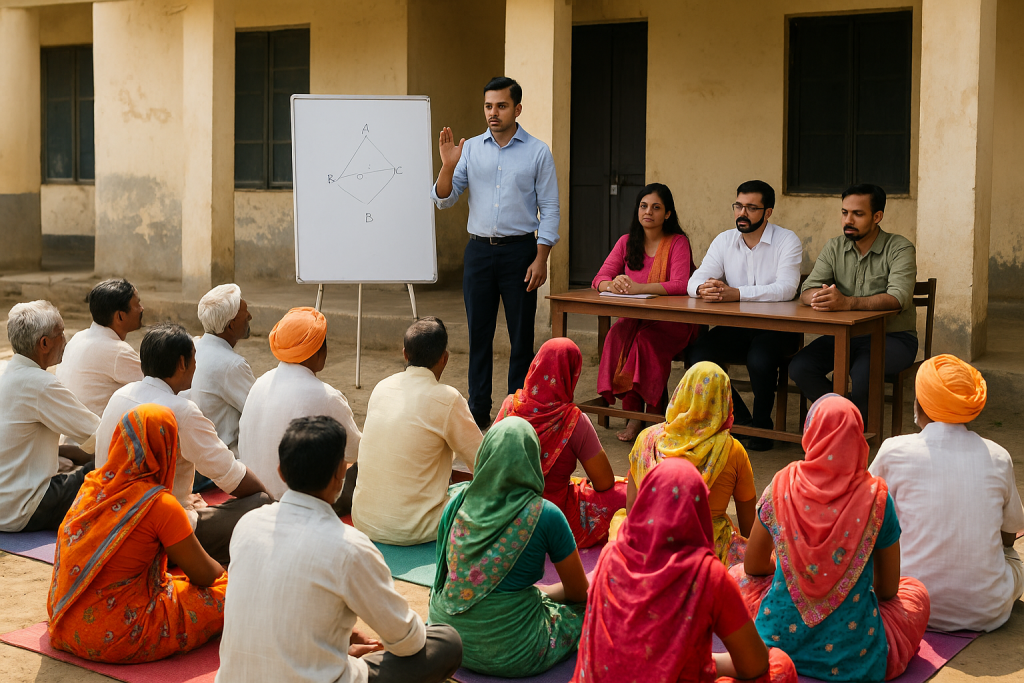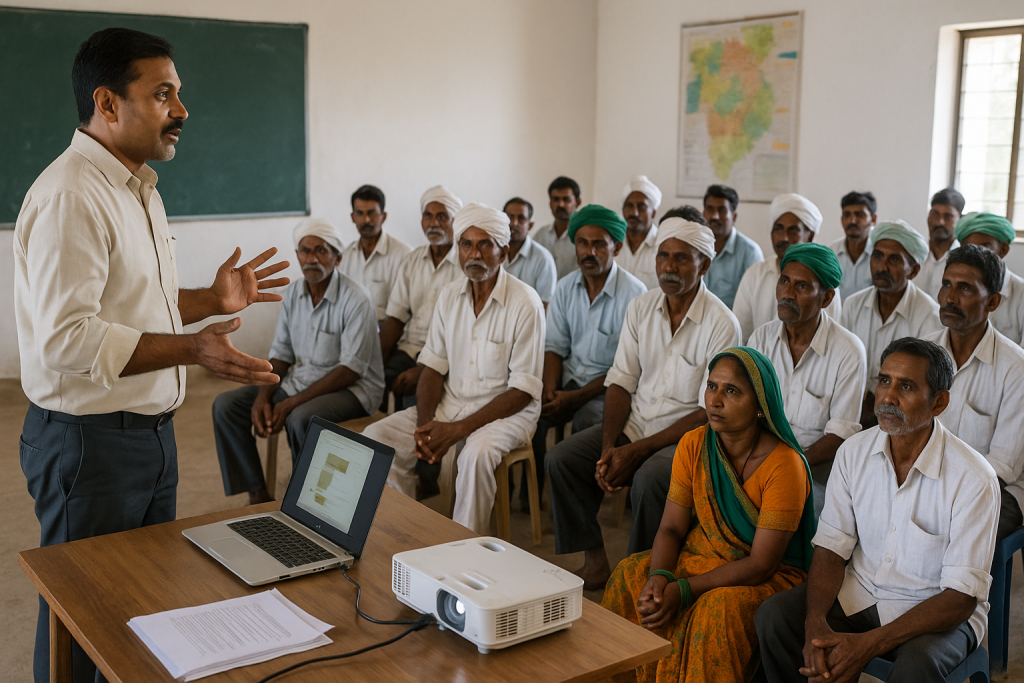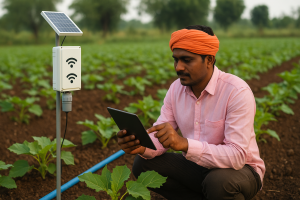In today’s rapidly evolving agricultural landscape, access to knowledge and skills is just as important as access to seeds and tools. Recognizing this, the Government of India has launched several training programs and workshops aimed at empowering farmers with modern techniques, innovative tools, and sustainable practices.
These initiatives are designed to bridge the knowledge gap between traditional farming practices and modern agricultural advancements, ultimately leading to increased productivity and income for farmers.
Key Government Initiatives in Farmer Training
1. Krishi Vigyan Kendras (KVKs)
Managed by the Indian Council of Agricultural Research (ICAR), KVKs operate in almost every district and provide on-field and classroom training. These centers offer:
- Demonstrations of modern farming techniques
- Workshops on crop protection, soil health, and water management
- Training on integrated pest management and organic farming
2. Agricultural Technology Management Agency (ATMA)
ATMA works at the district level to coordinate agricultural extension services. It conducts:
- Farmer Field Schools (FFS)
- Exposure visits
- Participatory technology development sessions
3. Skill Development through SAMETI & MANAGE
State Agricultural Management and Extension Training Institutes (SAMETIs) and the National Institute of Agricultural Extension Management (MANAGE) conduct specialized training for extension workers and progressive farmers to act as resource persons in villages.

Topics Covered in Training & Workshops
- Crop management and diversification
- Soil testing and fertility improvement
- Drip and sprinkler irrigation
- Post-harvest technology
- Farm mechanization
- Agri-entrepreneurship and marketing
These programs are often tailored to local agro-climatic conditions and specific needs of the farmers, ensuring practical and region-specific learning.
How to Participate?
Interested farmers can:
- Contact their nearest KVK or ATMA office
- Enroll through the State Agriculture Department
- Check local announcements in gram panchayats or agriculture offices
- Register online via government portals like https://agricoop.nic.in
Most workshops are free of cost, and participants may receive certificates, training materials, and sometimes even stipends or travel support.
Impact on Rural Agriculture
- Enhanced adoption of modern techniques
- Better input usage leading to cost savings
- Improved farm income
- Greater awareness of government schemes
- Strengthening of community knowledge networks
Farmers who attend training are more likely to diversify their crops, adopt organic methods, and leverage tools like mobile apps for weather and market updates.
Conclusion
Government-organized training and workshops play a vital role in modernizing Indian agriculture. By equipping farmers with the latest knowledge and practical skills, these initiatives foster self-reliance and improve livelihoods.
Krishi Gyaan encourages all farmers to actively participate in these programs and take full advantage of the government’s commitment to inclusive agricultural development.






